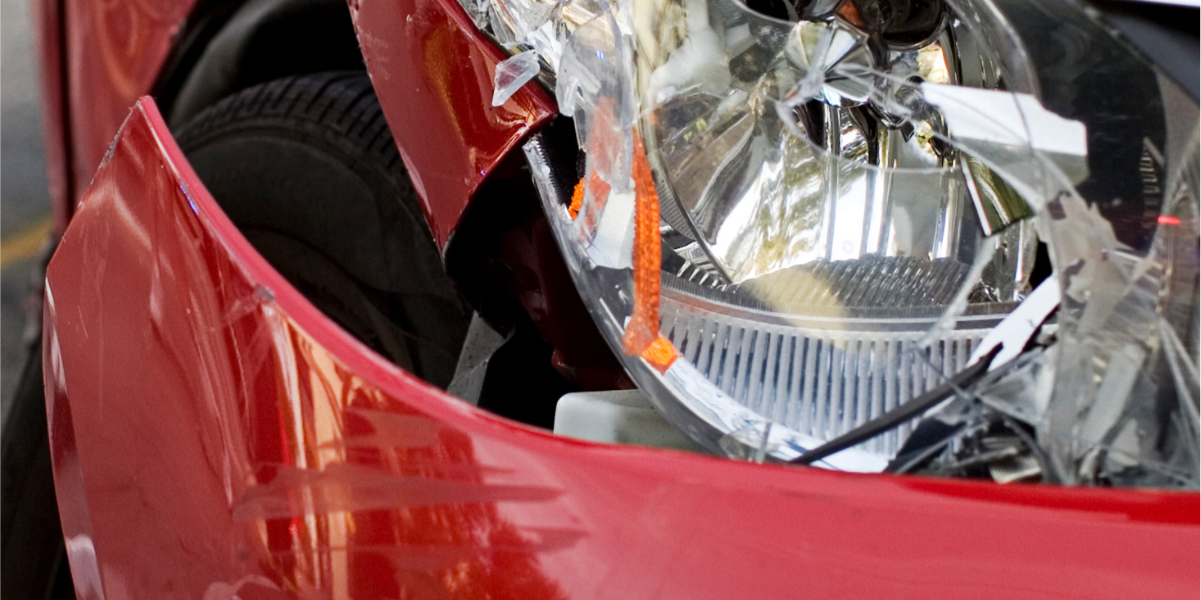Our Georgia car accident attorneys find that some automobile accidents do not always involve clear cut issues of fault. At times, more than one driver will play a role in the accident. Under Georgia’s modified comparative negligence law, the victims of car accidents can still recover so long as they were less than 50 percent at fault for the accident. Those who are 50 percent or more at fault will be barred from recovering anything from the other party involved. Many car accident victims remain unaware of this law and believe they cannot bring an action if they were even partially at-fault for the accident. The following is a look at comparative negligence and its application in Georgia. This blog article will provide a general summary of law applicable to claims involving personal injuries. NOTE: every case needs to be evaluated based on its unique facts and circumstances, in light of the applicable law. You should not act upon this article without seeking the advice of a knowledgeable personal injury attorney.
Contributory v. Comparative Negligence
There are two main types of negligence that various states across the country have adopted. They are comparative negligence and contributory negligence. Under the theory of contributory negligence, if a party is found to have any degree of fault for the accident, he or she will not be allowed to recover damages from the other driver involved. Comparative negligence, in contrast, allows people whom were partially at-fault for an accident to still recover an award that will be reduced by their own degree of negligence.
Contributory negligence is less common today than comparative negligence. Currently, only five states (Alabama, Maryland, North Carolina, the District of Columbia, and Virginia) use this legal system. The remaining states have either adopted a pure or a modified comparative negligence system.
The main types of comparative negligence systems include:
- Pure comparative negligence
- Modified comparative negligence
In pure comparative negligence, a person may recover damages reduced by his or her own degree of fault. However, in a modified comparative fault system, a plaintiff must show that the the defendant’s fault is at least a certain percentage in order to recover damages. For example, Georgia has adopted a 50 percent modified comparative fault rule. This means that a plaintiff who is less than 50 percent at-fault for an accident can still recover for their injuries from the other party at fault for the accident. However, if the plaintiff cannot demonstrate that he or she is less than 50 percent at fault, Georgia law will not allow a recovery.
An Example of Comparative Negligence in Practice
The following example illustrates the application of comparative negligence as practiced in Georgia: A woman is traveling through a four way intersection and becomes distracted by her cell phone. She fails to stop at the stop sign and collides with another vehicle. However, the driver of the other vehicle also failed to stop at his stop sign and was intoxicated at the time of the accident.
In this case, any jury would likely find that both drivers hold some degree of fault for the accident. If the woman distracted by her cellphone filed suit against the intoxicated driver, she could recover only if the jury believed she was less than 50 percent at-fault for the accident. If a jury finds she is more than 50 percent at fault for the accident, she cannot recover.
Put Our Law Firm’s Over 39 Years of Legal Experience to Work For Your Accident Case!
Whether you are injured, speaking with an auto accident attorney can help you understand your legal rights as well as the actions necessary to preserve your rights. Our compassionate auto accident attorneys at Montlick and Associates represent those who suffer serious injuries throughout all of Georgia and in the Southeast, including but not limited to all smaller cities and rural areas in the state.
No matter where you are located our attorneys are just a phone call away, and we will even come to you. Call us 24 hours a day/7 days a week for your Free Consultation at 1-800-LAW-NEED® (1-800-529-6333). You can also visit us online at www.montlick.com and use our Free Case Evaluation Form or 24-hour Live Online Chat.


